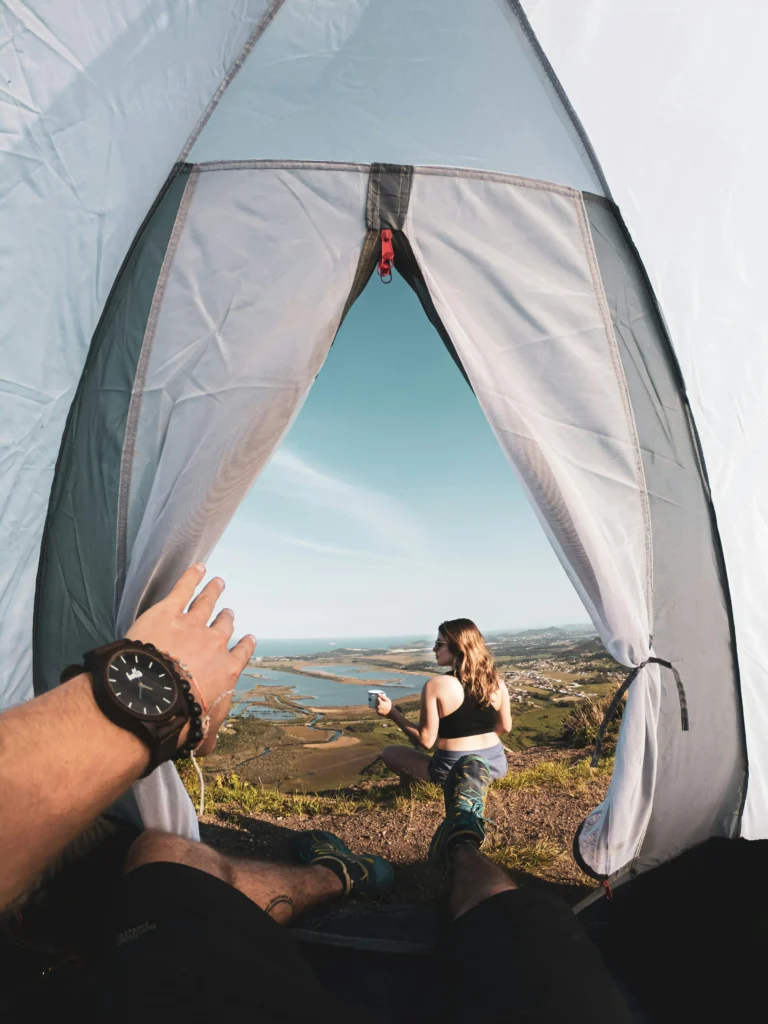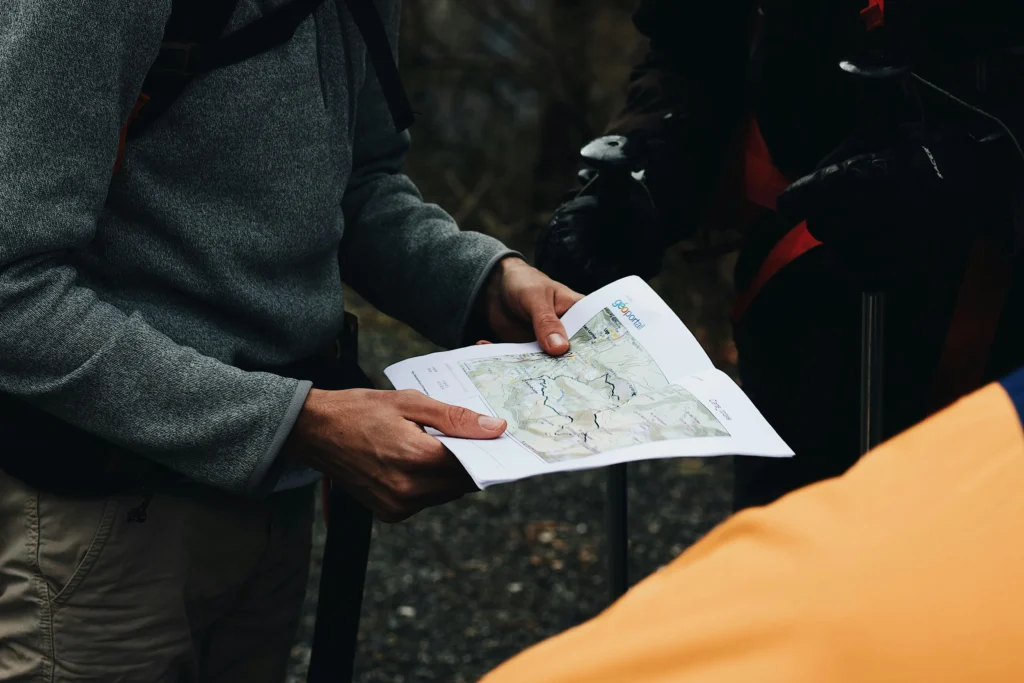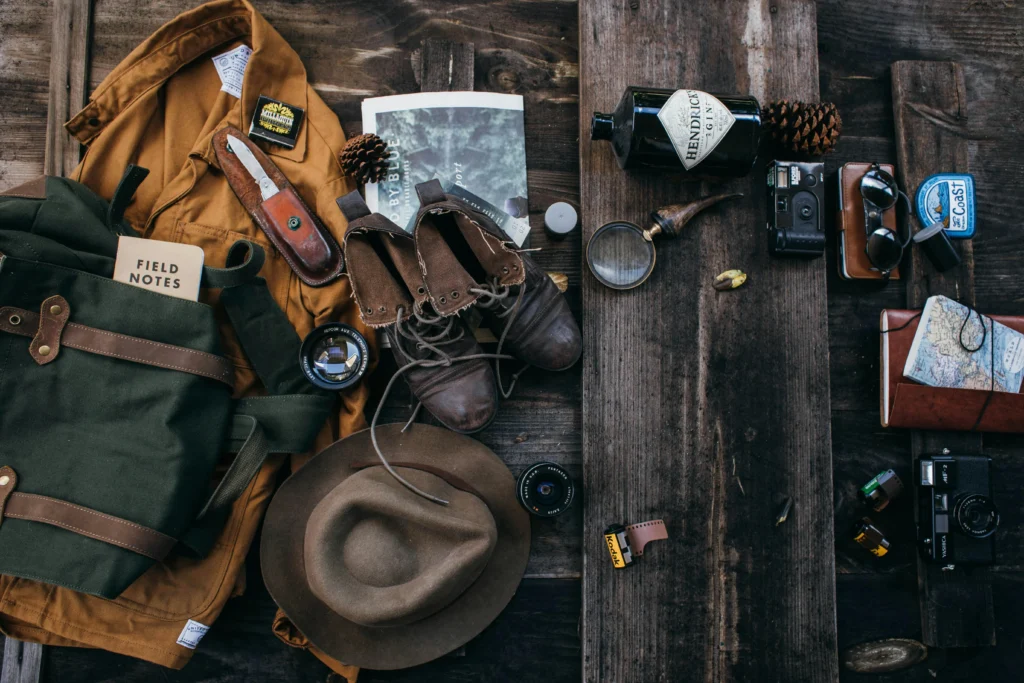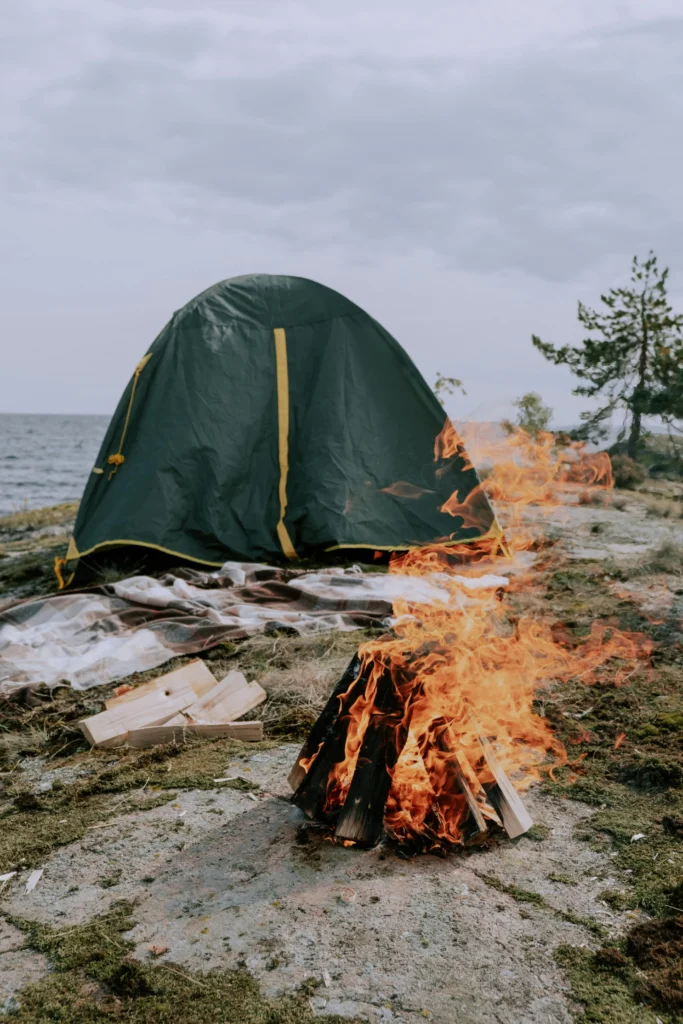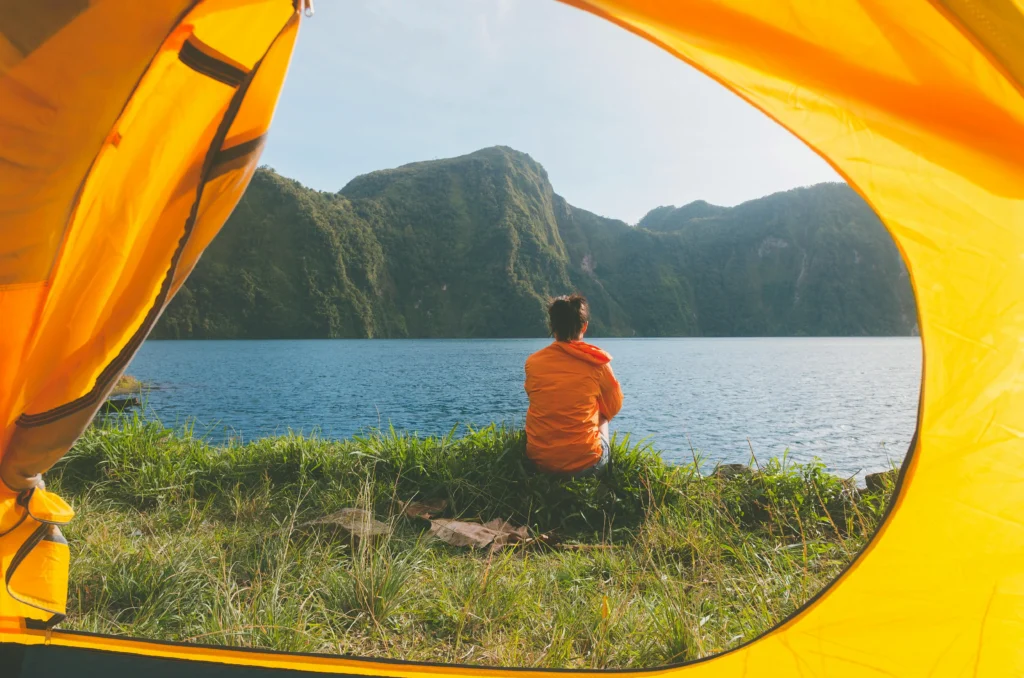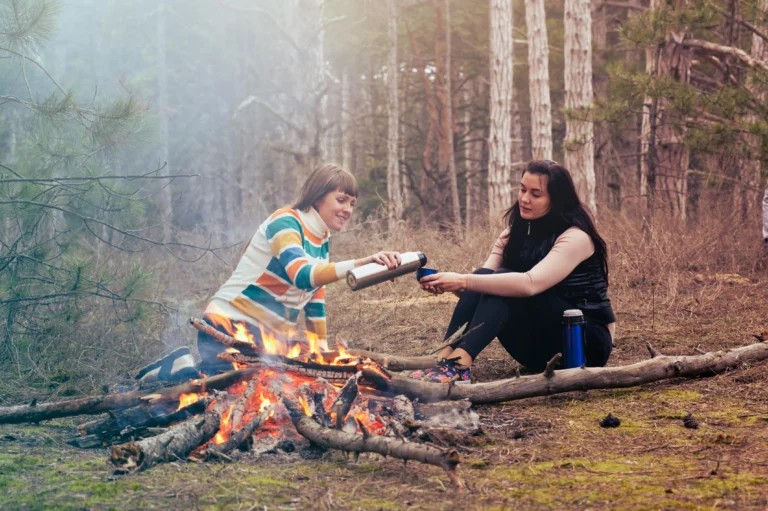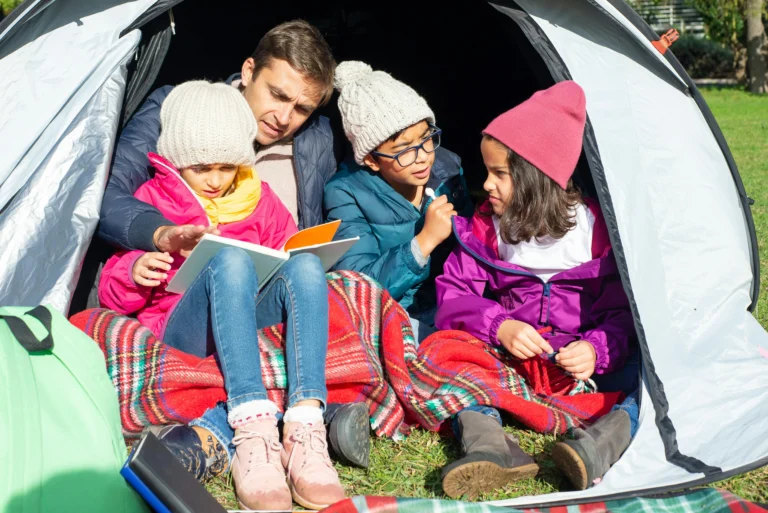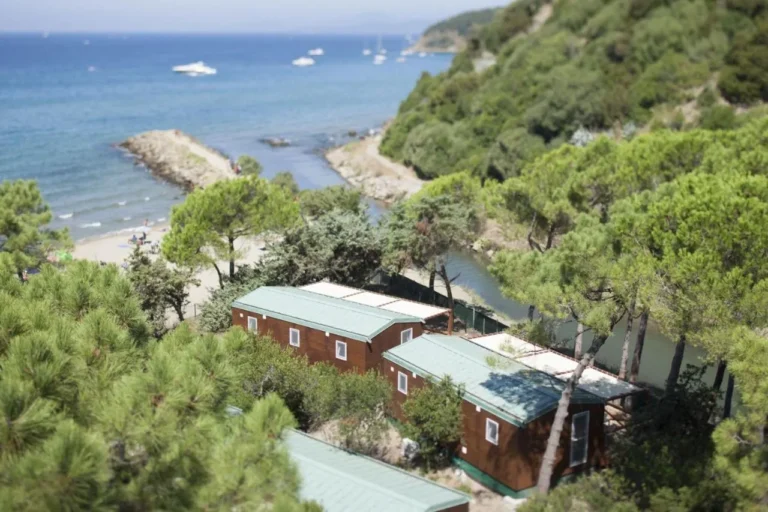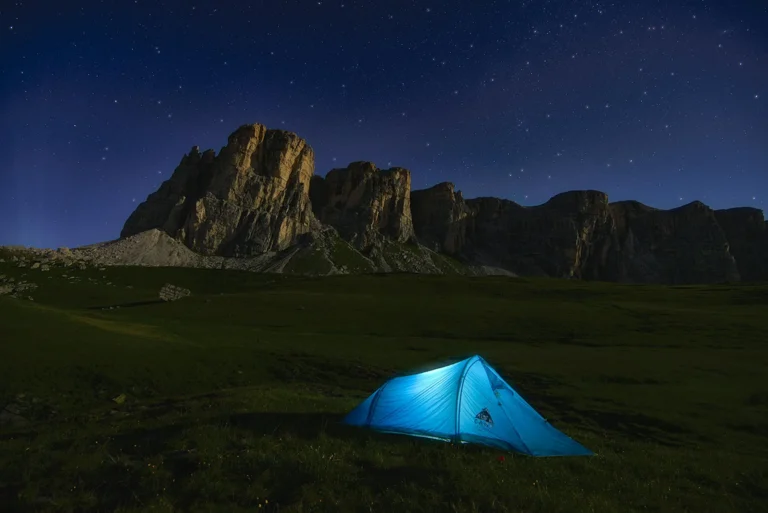Nature’s Paradise: Discovering Serenity Through Dispersed Camping
Importance of Nature’s Paradise
Benefits of Dispersed Camping
Dispersed camping, a practice of camping outside designated campgrounds, epitomizes the freedom of exploration and connection with the environment. The benefits are plentiful:
Remember the time you sat by a crackling fire under a blanket of stars? That’s the essence of dispersed camping—immersing yourself deeply in nature’s embrace, untouched and unfiltered.
Planning Your Adventure
Choosing the Right Location
Selecting the perfect spot for dispersed camping can significantly enhance the overall experience. Think about what nature draws you to—whether it’s peaceful lakes, towering mountains, or lush forests. Personal preferences will guide your choice, but consider these factors:
Imagine waking up to the sound of a gentle stream or the sight of mist rising over the mountains. Such locations can turn a camping trip into a cherished memory.
Understanding Leave No Trace Principles
Embracing the principles of Leave No Trace is crucial for preserving nature’s beauty. This approach emphasizes minimizing your impact on the environment. Key principles include:
By practicing these principles, adventurers can enjoy their time in nature while ensuring it remains pristine for future generations.
Essential Gear and Supplies
Camping Equipment Checklist
After deciding on your location and understanding how to respect it, the next step is packing the right gear. Having the right equipment can make or break your dispersed camping experience. A handy checklist can help ensure nothing is forgotten:
Picture this: You’ve set up camp, the sun is setting, and you’ve got all your gear organized. It’s the perfect backdrop for a cozy evening.
Food and Water Considerations
When it comes to food and water, preparation is key. Consider these essentials:
By planning ahead, you can enjoy delicious meals surrounded by nature while staying hydrated and nourished throughout your adventure.
Safety Tips for Dispersed Camping
Wildlife Encounters
When camping in the wild, it’s essential to respect the local wildlife. Observing animals in their natural habitat can be exciting, but it requires caution. Here are some tips to keep in mind
Imagine hiking through a lush forest and catching a glimpse of a deer grazing nearby—beautiful but better respected from a distance!
Emergency Preparedness
No one likes to think about emergencies, but being prepared can make a significant difference. Consider these steps:
With these precautions, you can ease anxiety and focus more on enjoying your time in nature while ensuring safety remains a priority.
Finding Serenity in Nature
Mindfulness and relaxation techniques
Amidst the hustle and bustle of daily life, dispersed camping provides an ideal opportunity to embrace mindfulness and relax deeply in the embrace of nature. One highly effective technique is simply to pause and observe your surroundings:
Recalling a time spent by the lake, the gentle lapping of water against the shore can transform a camping trip into a meditative experience.
Connecting with the Outdoors
Establishing a bond with nature further enhances the joy of camping. Engage with your surroundings through:
By embracing these practices, campers can find profound serenity in nature, leading to a rejuvenated spirit and a clearer mind.
Conclusion: Embrace the Serenity of Nature Through Dispersed Camping
Dispersed camping offers a truly transformative experience—one that allows us to disconnect from the chaos of everyday life and reconnect with the simplicity and beauty of nature. From the gentle rustling of leaves to the awe-inspiring expanse of a starry night sky, these moments of tranquility remind us of what it means to live fully and mindfully.
Beyond its ability to rejuvenate the mind and body, dispersed camping empowers us to become stewards of the environment. By embracing responsible practices like Leave No Trace and respecting the natural world, we ensure that these precious spaces remain pristine for future generations to discover their own connection to nature’s paradise.
Whether you’re drawn to serene lakes, towering mountains, or quiet forests, dispersed camping offers the freedom to tailor your journey, creating memories that will stay with you for a lifetime. So pack your gear, plan your adventure, and step into the wilderness. The serenity of nature awaits, ready to inspire, heal, and ignite your spirit.

